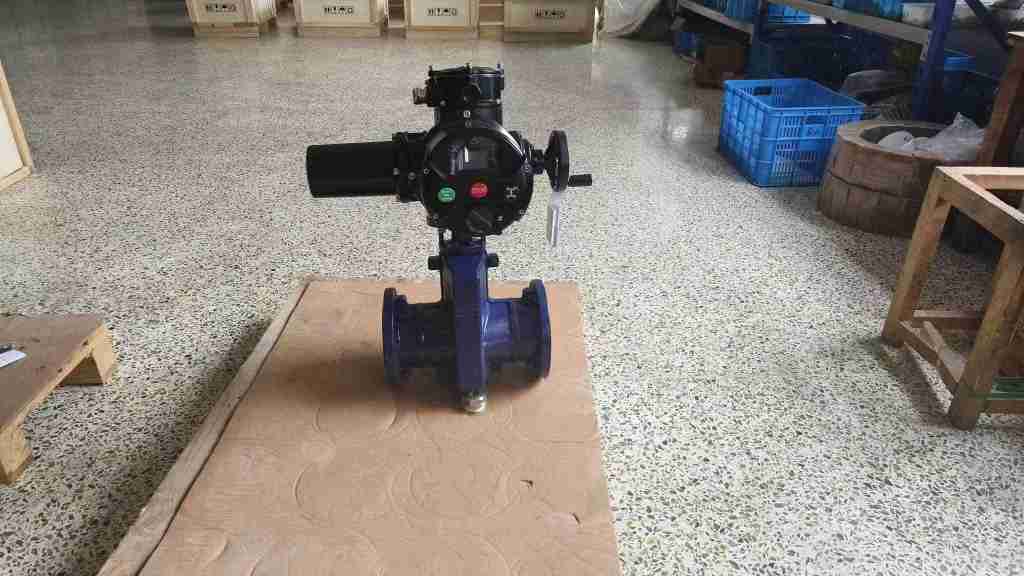The electric pinch valve is a unique and highly effective solution for fluid flow control across various industries, from chemical processing to water treatment, pharmaceuticals, and food production. Unlike traditional valves, the electric pinch valve employs a distinctive mechanism, providing high-precision control, zero leakage, and versatility for handling diverse fluids. In this article, we’ll explore the working principle, benefits, applications, and key advantages of electric pinch valves, highlighting their increasing significance in modern fluid control systems.

What is an Electric Pinch Valve? An electric pinch valve is a type of valve that uses a flexible elastomeric tube or hose, which is pinched to control the flow of liquids or gases. The valve’s core mechanism involves an electric actuator that compresses the hose, effectively sealing the flow path, and preventing or allowing the passage of fluid. This simple yet effective design offers numerous benefits, particularly for handling challenging fluids that can be corrosive, abrasive, or contain suspended solids. Working Principle The working principle of an electric pinch valve is straightforward yet highly reliable. At its core, the valve consists of three main components: